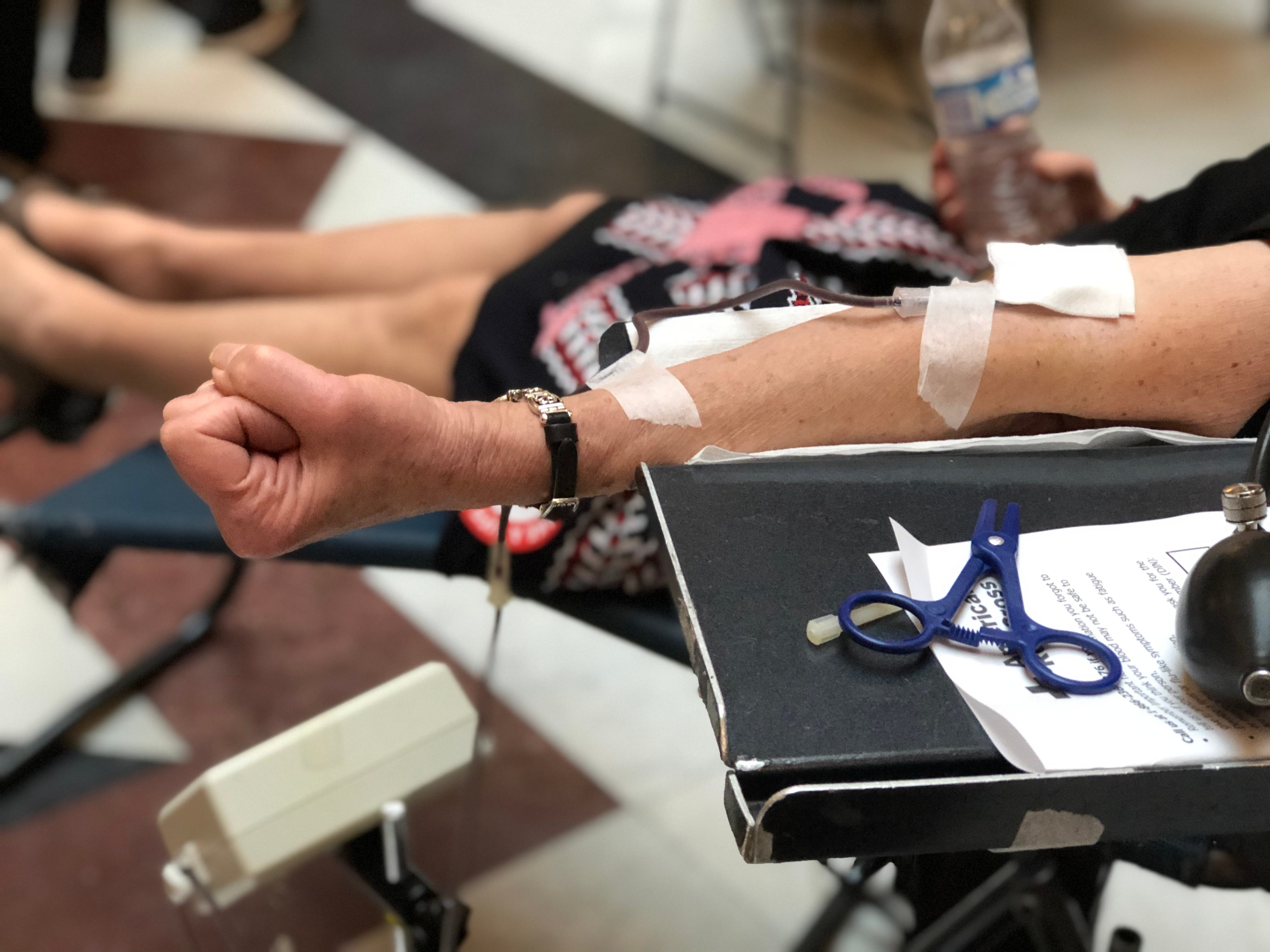Blood markers aid in coronavirus patient monitoring, researchers say
INDIANAPOLIS (WISH) — Blood cell markers may play a key role in monitoring COVID-19 progression and recovery, health experts suggest.
In a report published in The Lancet, researchers from the Huazhong University of Science and Technology along with five other Wuhan-based institutions, collected data from a total of 80 patients infected with the coronavirus. Sixty-nine were classified as severe COVID-19 cases. Eleven cases were considered non-severe. Patients’ ages ranged between 26 and 86 years old and 52% were female.
Upon admission to the hospital, those severely infected had higher levels of what’s called interleukin-6 (IL-6). IL-6 is an immunity protein produced in the body that can either exacerbate inflammation or lessen it.
Authors also tracked IL-6 levels through the patients’ stay and found a link between IL-6 levels and time lapse from diagnosis to cure. The lower the level to begin with, the sooner the patient recovered from the coronavirus.
“Elevated…IL-6 [levels] are associated with longer treatment periods and more intensive treatment including glucocorticoids, human immunoglobulin, stronger antibiotics or a ventilator,” authors said in the report.
Glucocorticoids are a type of corticosteroid–medications designed to reduce inflammation in the body. Human immunoglobulin is a medication used to strengthen the body’s immune response to an infection and is made by human blood.
Research to date supports a link between COVID-19 and high levels of inflammation. Thus, monitoring inflammatory levels, specifically IL-6, could be useful in tracking patient recovery.



